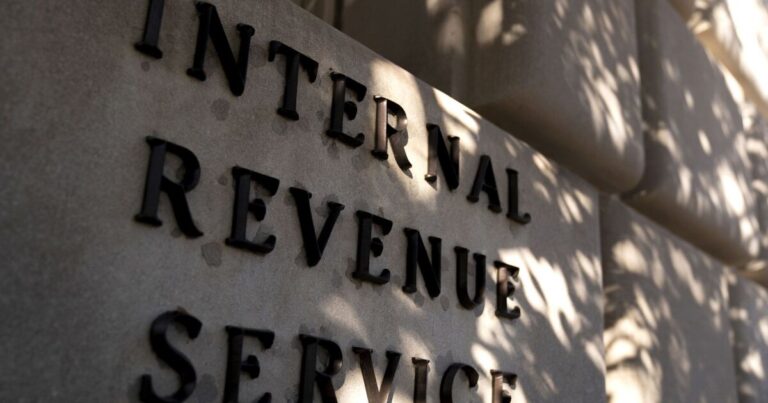The Internal Revenue Service is asking the public to weigh in on free tax filing options for an upcoming congressional report, amid worries about the likely demise of the Direct File tax preparation program.
The IRS said Thursday the anonymous survey will be open through Sept. 2, 2025. It’s being conducted as part of an effort by the Treasury Department and the IRS to compile a report mandated by the One Big Beautiful Bill Act, which Congress passed last month. An earlier version of the bill passed by the House Ways and Means Committee in May had called for replacing the Direct File program and the original Free File program with a private-public partnership that sounded similar to what Free File has long provided.
“This provision terminates the current Direct File program at the IRS and establishes a public-private partnership between the IRS and private sector tax preparation services to offer free tax filing, replacing both the existing Direct File and Free File programs,” according to a summary of the legislation from Republicans on the tax-writing Ways and Means Committee.
However, the version of the legislation that was passed by Senate Republicans, and ultimately by House Republicans as well, changed that provision, sparing the Direct File program, at least for now, instead mandating a study.
“Out of any money in the Treasury not otherwise appropriated, there is hereby appropriated for the fiscal year ending September 30, 2026, $15,000,000, to remain available until September 30, 2026, for necessary expenses of the Department of the Treasury to deliver to Congress, within 90 days following the date of the enactment of this Act, a report on (1) the cost of enhancing and establishing public-private partnerships which provide for free tax filing for up to 70 percent of all taxpayers calculated by adjusted gross income, and to replace any direct e-file programs run by the Internal Revenue Service; (2) taxpayer opinions and preferences regarding a taxpayer-funded, government-run service or a free service provided by the private sector; (3) assessment of the feasibility of a new approach, how to make the options consistent and simple for taxpayers across all participating providers, and how to provide features to address taxpayer needs; and(4) the cost (including options for differential coverage based on taxpayer adjusted gross income and return complexity) of developing and running a free direct e-file tax return system, including costs to build and administer each release.”
This was similar to the approach taken by the Biden administration’s Inflation Reduction Act, which paved the way for the Direct File program by calling for a research study on the feasibility of a free tax filing system operated by the IRS. The feasibility study was released in 2023 and the IRS announced plans to begin a pilot test in 12 states in 2024 of the Direct File program. Despite the opposition of the tax prep software industry, the IRS launched the program, which generally won plaudits from users and the IRS and the Treasury Department expanded it to 24 states this past tax season. However, the Department of Government Efficiency eliminated the so-called 18F digital services team that helped develop Direct File, and the program appeared to be doomed with further cutbacks at the IRS, which has overhauled its technology modernization plans. Billy Long, who lasted less than two months as IRS commissioner before he was ousted earlier this month by Treasury Secretary Scott Bessent, even boasted during one of his few public speeches as commissioner during a National Association of Enrolled Agents in July that he had eliminated Direct File.
“You’ve heard of Direct File,” he said, according to FedScoop. “That’s gone. Big beautiful Billy wiped that out.”
That turned out to be not quite true yet, but the program may be hitting the chopping block once the survey comes out from the IRS and the Treasury.
“My impression is that Direct File was being rolled out slowly, and was pretty popular in places where it was available,” said Zorka Milin, policy director at the FACT Coalition. “But at the same time, just because it was something that was seen as a Democratic initiative, there was a target there. I would hope that the administration will consider how best to serve taxpayers, and if it was a popular tool, whether at least some aspects of it can be retained. We’ll have to see how that study goes and what they find.”
To participate in the survey, visit the Free Online Tax Preparation Feedback Survey. Participation is anonymous.


